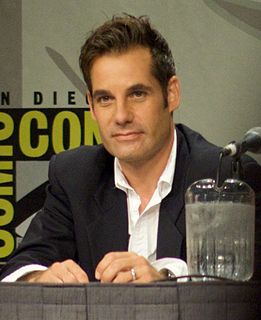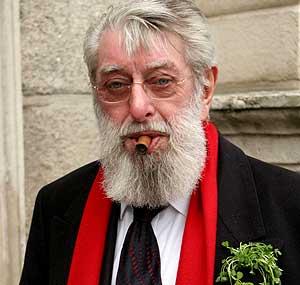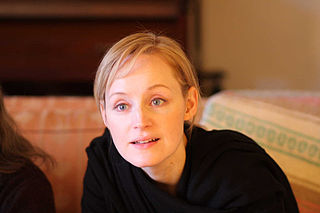A Quote by Ron Silver
In Europe, people in the arts are considered part of the intelligentsia; they are considered part of the elite.
Related Quotes
It is due to justice; due to humanity; due to truth; due to the sympathies of our nature; in fine, to our character as a people, both abroad and at home, that they should be considered, as much as possible, in the light of human beings, and not as mere property. As such, they are acted on by our laws, and have an interest in our laws. They may be considered as making a part, though a degraded part, of the families to which they belong.
You can reach a situation where things of intelligence and refinement and culture can be considered elite, and things that are crass and ignorant can be considered to be real and of the people. And when you begin to have the mass of populus striving for something that's not worth striving for, then tremendous amounts of energy go into...the maintenance of that which is worthless.
What you would call a 'lead,' I've always considered a supporting part, and what people would call 'supporting parts,' I've considered leads. In a way, I look at it in reverse, because supporting parts - when they're done correctly - are the ones that are progenitors for storylines, to move forward.
By denying people's sense of visual beauty in painting and sculpture , melody in music , meter and rhyme in poetry , plot and narrative and character in fiction , the elite arts wrote off the vast majority of their audience . They purposely excluded people who approach art in part for pleasure and edification in favour of social one-upmanship and an ever-narrowing, in-crowd elite.
Men were considered "free" only so that they might be considered guilty - could be judged and punished: consequently, every act had to be considered as willed, and the origin of every act had to be considered as lying within the consciousness (and thus the most fundamental psychological deception was made the principle of psychology itself).
I've always considered myself a failure: I feel I've never done anything wholly right. [...] Everybody will tell you, "Oh no, how can you say that, because ten thousand people clap you on a night?" But part of that is reflex action and part of it is because you're reasonably good. But if you're great, that's a different thing.



































